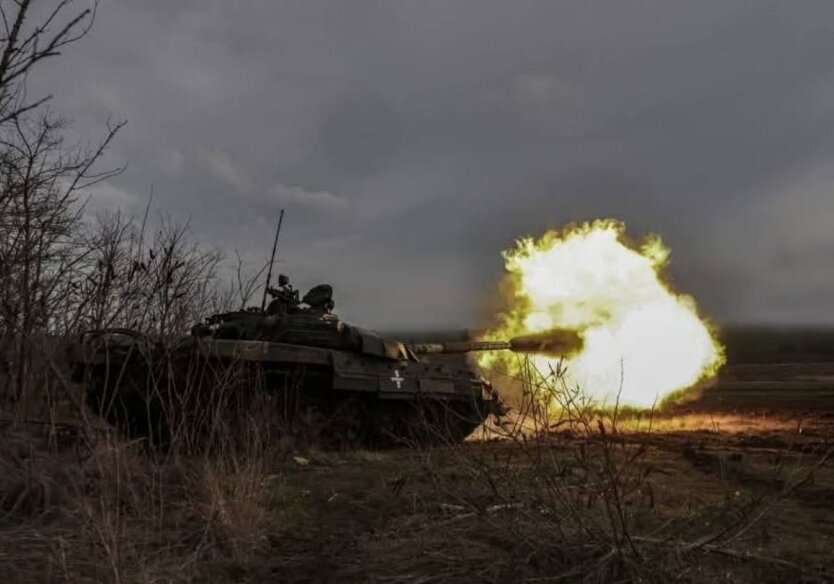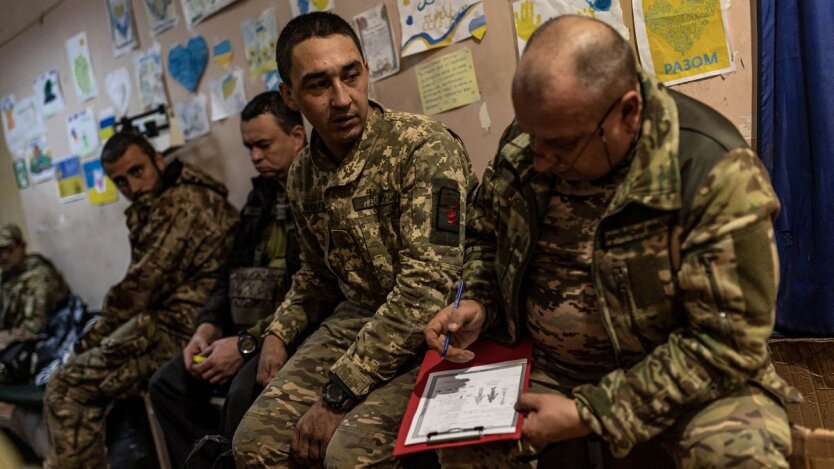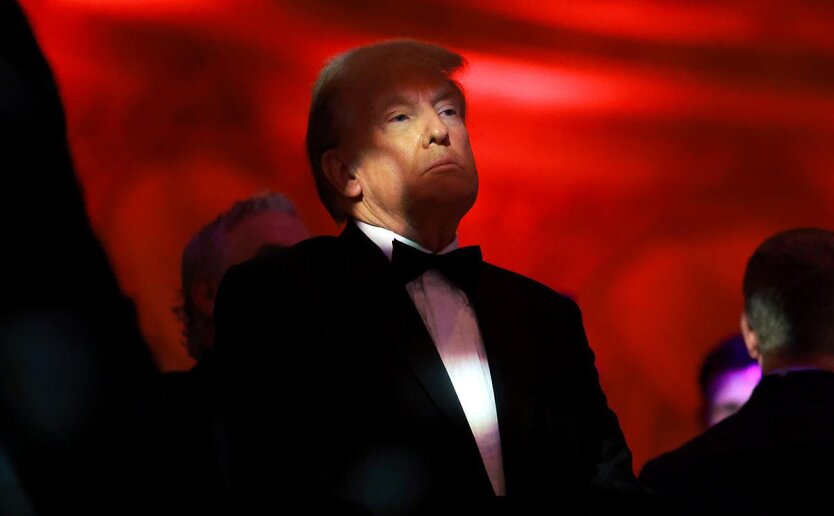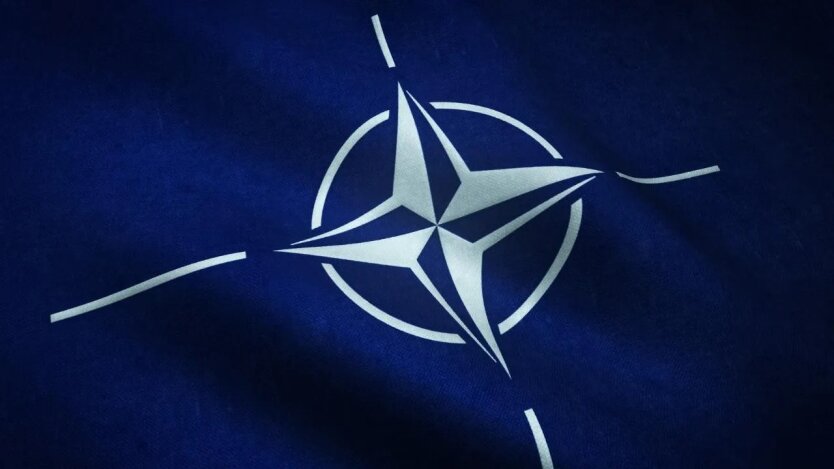Bloomberg: US Intelligence Believes Russia and Ukraine are Prone to a Prolonged War.


According to American intelligence agencies, Russia and Ukraine show more interest in continuing the war than in achieving a peaceful resolution to the conflict. This assessment does not align with President Donald Trump’s statements about a quick end to the war.
According to a declassified assessment from the Office of the Director of National Intelligence, leaders on both sides consider the risks of war to be less than an unsatisfactory resolution to the conflict. The Trump administration is trying to promote a cessation of hostilities.
According to the White House, Russia and Ukraine have agreed to a partial ceasefire to protect civilian navigation in the Black Sea and to develop a ban on strikes against energy infrastructure. However, for both Russian President Vladimir Putin and Ukrainian President Volodymyr Zelensky, there is a risk of unwanted escalation of the conflict. The war could negatively impact the Russian economy and lead to a deterioration of relations with the West. Meanwhile, Moscow maintains the initiative on the battlefield.
US intelligence services also believe there is a risk of Putin using nuclear weapons. Previously, Trump criticized the intelligence community when they made assessments that contradicted his position.
Furthermore, the US intelligence community considers China to be the main competitor and asserts that Iran is not building nuclear weapons.
Read also
- Ukrainians with a pension below 9 thousand can receive assistance: what documents are needed
- From 55 to 10 euros per hour: Eurostat shows the huge difference in salaries in EU countries
- Excluded - But Again on the Lists: Who Among Ukrainians Unexpectedly Became Subject to Military Duty and How to Check It
- General Hodges revealed what Trump's 'indifference' will mean for Kyiv
- At NATO summit, they will 'forget' about Ukraine in favor of Trump, - Politico
- The Pension Fund of Ukraine announced a new cash assistance program for Ukrainians: who will receive payments from July 1










